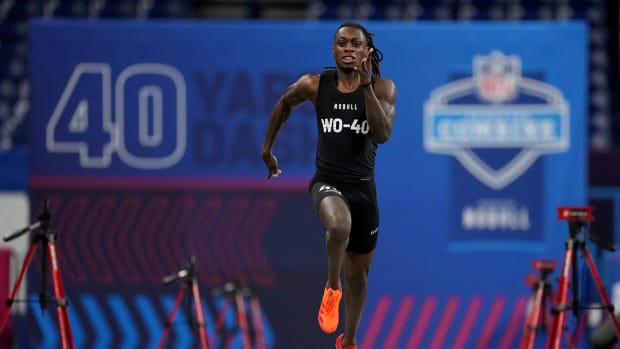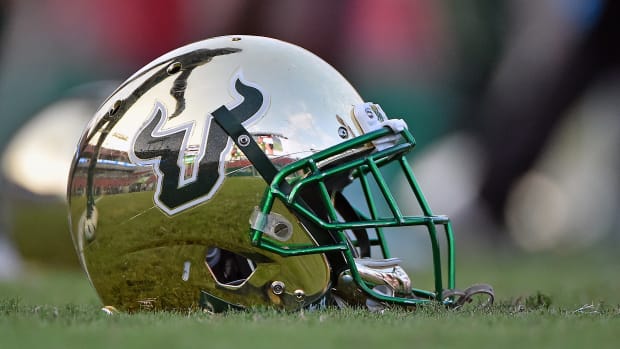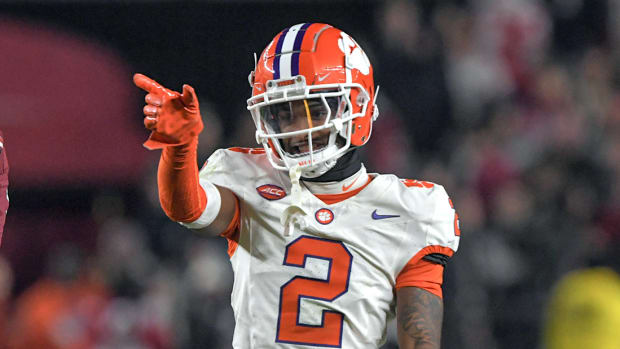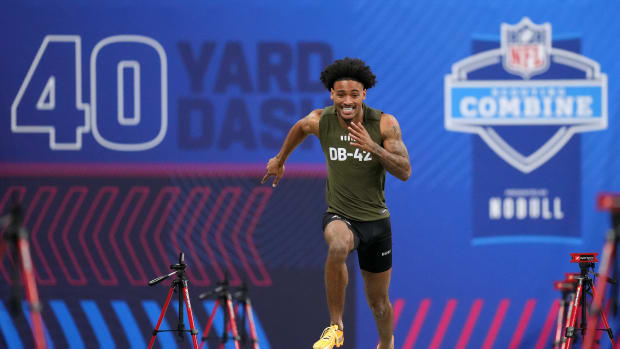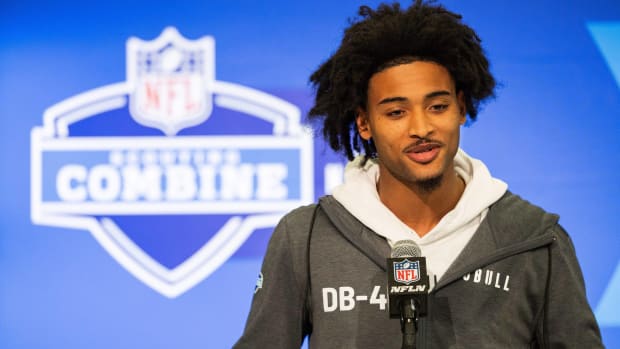Swinney: Football is 'Powerful'
In a nation that is divided by political parties, racial tensions, religious views and many other things, there is one thing that, at least according to Clemson head football coach Dabo Swinney, always brings people together — football.
Each and every Saturday across the nation, people of different races, creeds and religions are drawn together by the singular goal of cheering for their respective teams.
“You go to Tuscaloosa, you go to Clemson and you see all these fans, when the Tigers score, they’re high-fiving and hugging,” Swinney said. “A lot of those people Monday through Friday, because they’ve got different political beliefs or religions or neighborhoods or checking accounts, they probably walk right by each other. But a football game breaks out, and they’re inviting each other to the tailgate. They’re high-fiving. It’s powerful."
It is a powerful thing.
It's the ability of a sport played by 18-to-22-year-old men to unite people but also to bring hope to those who are battling through the most difficult of times.
For Swinney, one particular fan letter resonated so much with the power that football has on people's lives that he chose to share it with the team during their magical run to the 2016 national championship.
“I got a letter from a lady going through cancer, and I read it to the team. She was talking about all the chemo treatments she had been through,” Swinney said. “This letter, this lady says, ‘Coach, I’ve been through all these chemo treatments, but the best chemo I’ve had yet is those three or four hours I get to see the Tigers play.’ And you tell me football doesn’t matter?"
Football matters.
It matters to the millions of people who watch their team every Saturday, who live and die with every snap of the ball and it matters to those who, if only for a second, have the chance to meet one of their heroes — their coach.
“A player had an issue, and I went to the emergency room on a Tuesday night in Anderson. The mom of the player meets me outside the doors, opening and closing, people in and out, it’s a madhouse,” Swinney continued. “I’m trying to talk to this lady, we’re three-fourths of the way through the season, I’m trying not to make eye contact with anybody. All of a sudden, I hear this guy behind me moaning and groaning, and I’m worried something’s wrong.
“I turn around, and there’s this lady bringing this guy into the emergency room. As soon as I turn around, we lock eyes and he (did a double-take), ‘Coach Swinney? Hell of a year, man! Hell of a year!’ He reached out to high-five me and I’m like, ‘Can I help you?!’ He’s got like a collapsed lung or something. That’s the game of football. I’ve seen it time and time again.”
But it is not only the fans who get to reap the rewards of college football — it is the players as well.
With all of the negative influences being shoved at the younger generation — the broken homes, racial and religious tensions and feelings of uncertainty about the future — football provides something different for the young men who choose to play the sport.
And that is what gives Swinney hope for the future.
“There’s a lot of things out there in society I don’t think are a positive influence on young people, but the game of football is still a positive influence,” Swinney said. “It’s hard work. It’s just hard work. The one thing that hasn’t changed about football — styles of play come and go — but it is still hard work. It’s a tremendous commitment. It teaches young people work ethic.
“It teaches young people sacrifice and courage and how to win and lose. It teaches young people how to get along with somebody they may not like, but we’ve got a job to get done. It teaches young people how to handle adversity. To me, the game of football mirrors life like nothing else.”
